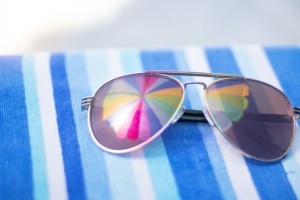The sun is out, the sky is blue and your favorite spot to swim is calling your name. Who’s ready to head outside and find an adventure? Summer months are full of fun—but because of that, simple safety precautions often get overlooked. Don’t waste your summer recovering from a careless moment or a heat-related illness. Stay smart about sun safety, avoid heat-related illnesses and take advantage of the beautiful weather!
It’s National Safety Month. Be safe in the sun with these tips:
- Wear sunscreen with an SPF (sun protection factor) of at least 15.
- Sunscreen doesn’t last all day—reapply every two hours while you’re outside and after a swim.
- Sunscreen also expires! Make sure you check the date on the bottle.
- Buy sunglasses that protect from UVA and UVB rays.
- Stay in the shade to avoid direct sunlight.
- Remember, cloudy days cause sunburns, too!
How to Treat a Sunburn
Sunburns range from moderate annoyances (think some schmoe slapping you on the shoulder after a day at the beach) to extreme pain and discomfort, and they put you at greater risk for developing skin cancer. If you develop a severe sunburn:
- Avoid further exposure and drink plenty of water.
- Take a pain reliever and apply aloe or a 1% hydrocortisone cream to lessen discomfort.
- Do NOT break blisters. You’ll increase your risk of infection!
- Head to the doctor if you have a fever >105°F/40.6°C, are in extreme pain for more than 48 hours, if sunburns cover more than 15% of your body, or if you think you’re dehydrated.
Stay Cool (Avoid Heat-Related Illnesses)
Contact a doctor immediately if you are worried about a heat-related illness! Common types of heat-related illness include:
[table id=9 /]
Who is at Risk?
Anyone can succumb to a heat-related illness because all it takes is time, temperature and carelessness. But certain groups are at higher risk: those who work in hot/humid environments, the very young, the elderly, and obese or chronically ill individuals.
5 Tips to Help You Keep Cool
- Take breaks and cool down in air-conditioned rooms, or take an occasional cool bath or shower.
- Fans are great for keeping cool, but they won’t lower your body temperature during times of extreme heat. If you need to be outdoors and in the sun, it’s important to take breaks in a cool, indoor or shaded area.
- Pay attention to the heat index! Your risk of a heat-related illness spikes when the heat index rises to 90°F/32°C or above.
- Watch for signs of dehydration: fatigue, headache, nausea and/or insomnia; constipation and/or dark yellow urine; excess thirst and dryness.
- Address symptoms early, before they become a dangerous problem. Untreated heat exhaustion can lead to heat stroke over time.
- Drink lots and lots (and lots and lots) of water. Aim for 64 ounces a day.

